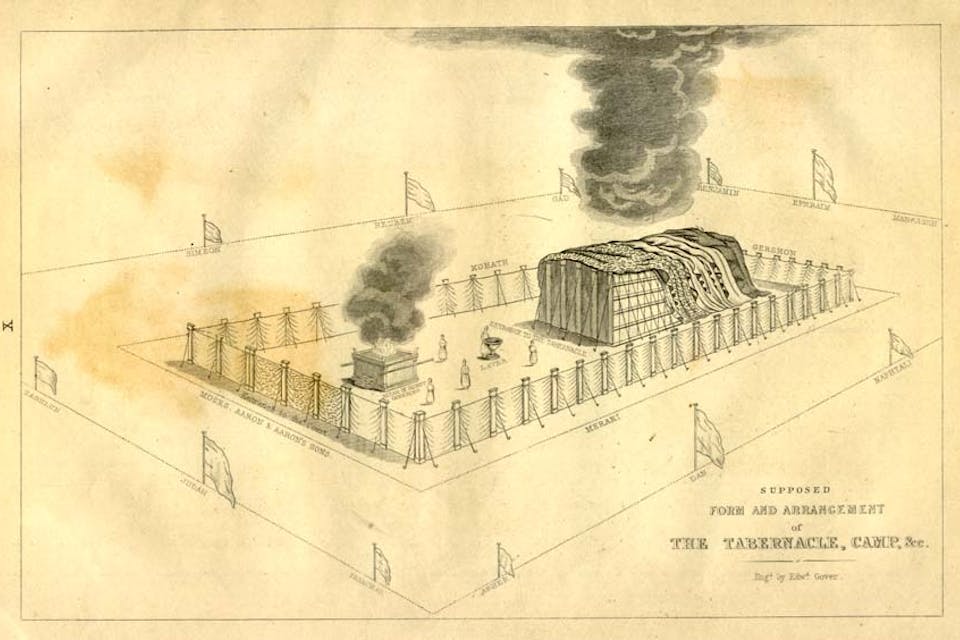
March 30, 2017
In Judaism, Holiness Is as Holiness Does
The fire at the core of Leviticus.
When most people think of Leviticus, they think of a book that is about Temple sacrifices and little or nothing else. Indeed, the ancient rabbis named it the “Teaching of the Priests,” and early Gentile translators concurred in giving us its current name, which means “having to do with the Levites”—that is, those responsible, along with the priests or kohanim, for carrying out the Temple service. Even the narrative portions, relatively scant as they are compared with any of the other five books of Moses, concern themselves primarily with the bringing of sacrificial offerings.
Hence the general perception that Leviticus is boring, technical, lacking in moral, ethical, or spiritual relevance to modern readers—a perception hardly dispelled by a cursory look at this week’s Torah reading of Vayyikra, comprising the book’s first five chapters.
But that impression is misleading. Much else is included in Leviticus: dietary laws, sexual prohibitions, the obligation to feed the poor and hungry, and such fundamental ethical guidelines as “do not stand idly by the blood of your neighbor.” The Liberty Bell takes its motto from this book (25:10): “Proclaim liberty throughout the land unto all the inhabitants thereof.” Throughout these disparate parts, if a single overarching motif links it all together it is the theme of holiness—a connection that makes sense, however, only if we take a particularly Jewish view of holiness.